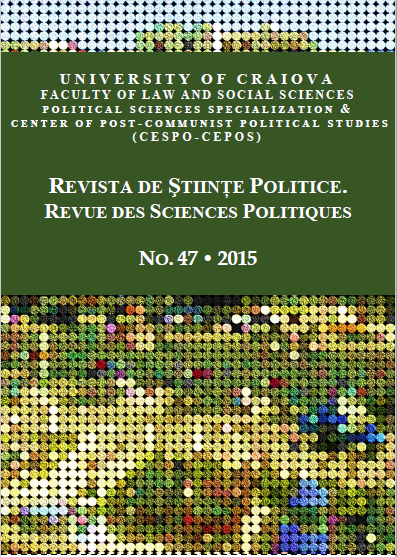The Difficult Road of Transition: the Romanian Elections from 1990 and 1992 and their Political Consequences
The Difficult Road of Transition: the Romanian Elections from 1990 and 1992 and their Political Consequences
Author(s): Mihaela IvănescuSubject(s): Political history, Government/Political systems, Electoral systems, Transformation Period (1990 - 2010)
Published by: Editura Universitaria Craiova
Keywords: transition; Romania; elections; political representation; pluralism;
Summary/Abstract: The most desirable goal of any transition process is democratization, in both political and economic fields, but the road to a consolidated democracy is often filled with uncertainties and unpredicted problems. That is why, in most cases, the periods of transition are defined by a state of generalized unrest and disorder, which often comes in contrast with the apparent order of the non-democratic regimes. There are many theoretical interpretations of the fundamental – and historic – process of transition from an authoritarian regime, regardless its form, to a democratic one, but all of them acknowledge the importance of free and fair elections for the good course of this process. This paper aims to analyse the first years of post-communist Romania, with a special emphasis on the electoral process, which we consider to be one of the most important aspects of the transition process at that time. We base our analysis on a working hypothesis that the transition was especially hard an continued for a long time in Romania mainly because the beginning of this process was defined by some significant problems that resulted from the government’s failure to solve some of the social and political tensions that appeared in the early ‘90s.
Journal: Revista de Științe Politice. Revue des Sciences Politiques
- Issue Year: 2015
- Issue No: 47
- Page Range: 124-134
- Page Count: 11
- Language: English

